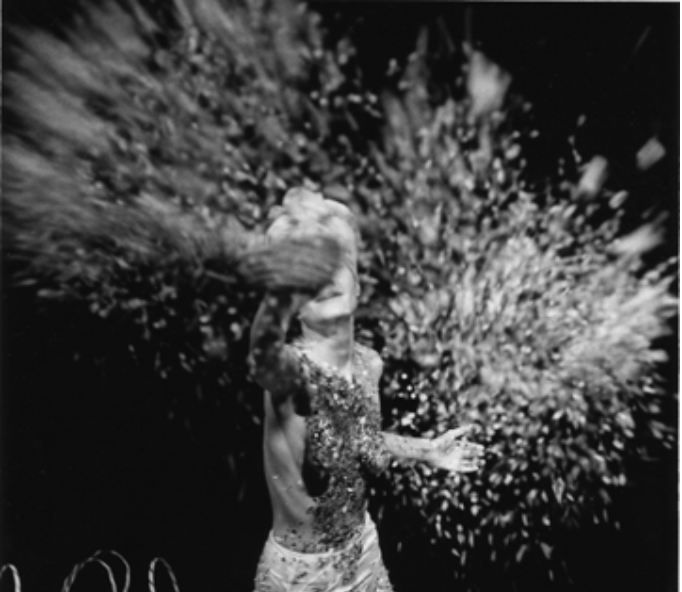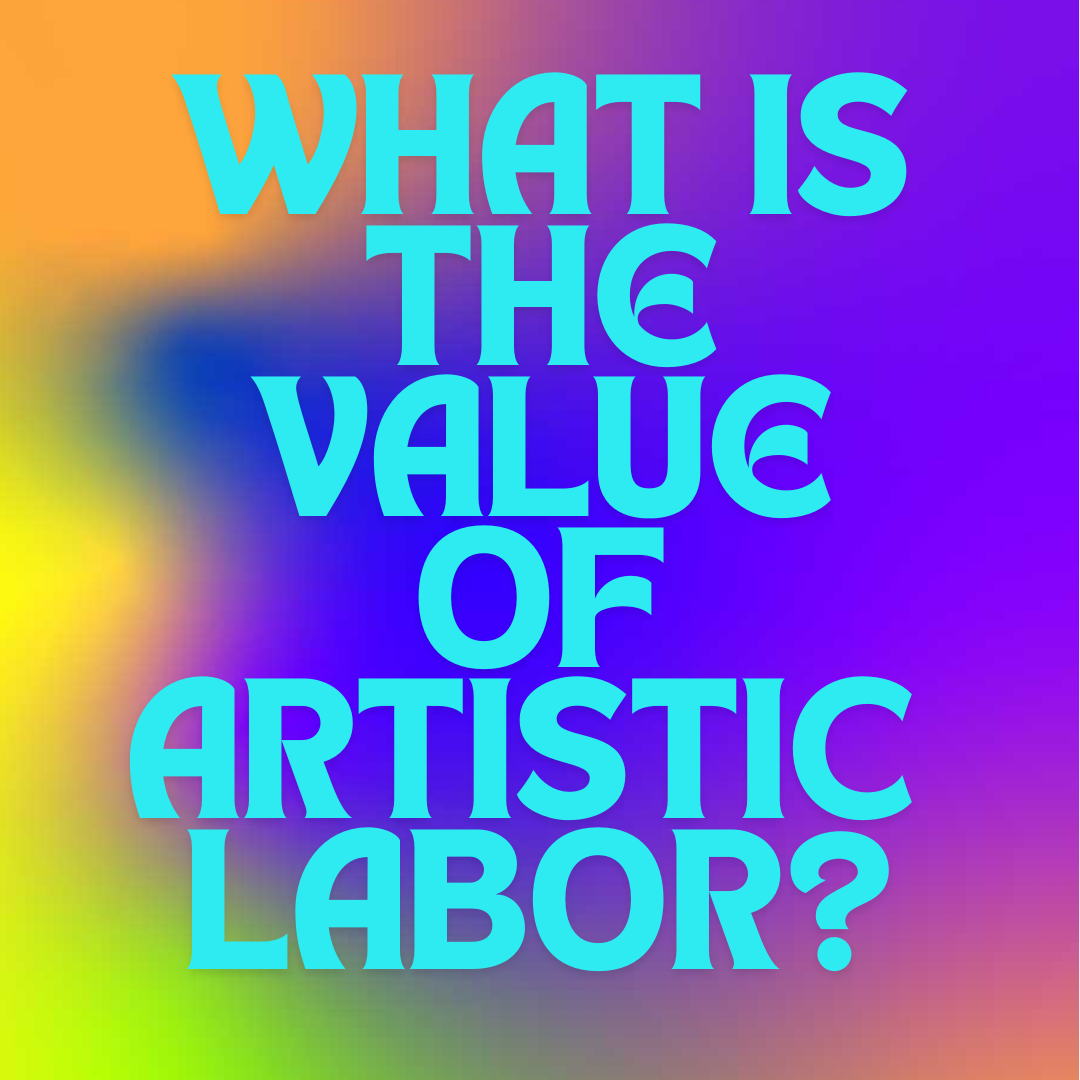I'm writing to you from the Ucross Foundation in Wyoming where I am attending a three-week Artist Residency. In the past two years alone, I've applied to 15 residencies, and this is the first one I've been accepted to (ever) through an open call process. I’ve been joking for years that some day I will crack the code on artist residencies and the day is finally here!
In truth, I don’t have all the answers but I have gained some insights from conversations with other residents and Ucross staff.

















